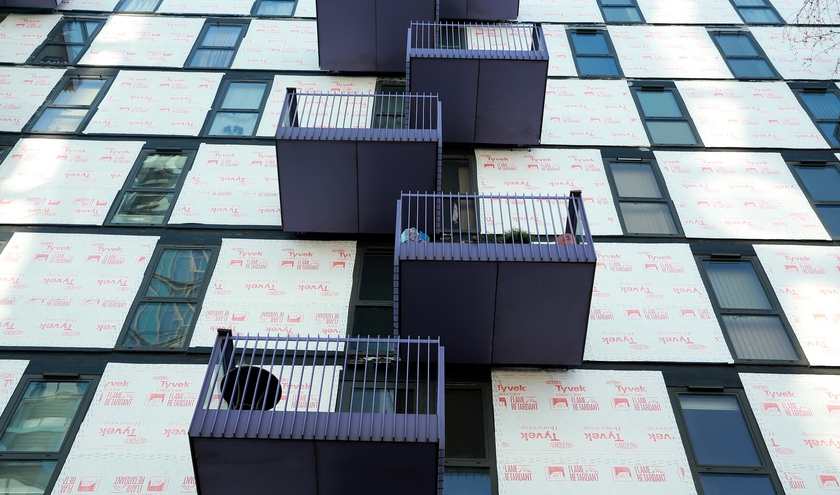The Government ‘appears complacent' about the fact that there is insufficient capacity and skills across local government to address the dangerous cladding crisis, MPs have warned.
In a report published today, the Public Accounts Commission (PAC) said the Government still did not know how many buildings have dangerous cladding eight years after the Grenfell fire, how much full remediation will cost or how long it will take.
However, campaigners told the PAC the plan was ‘insufficiently ambitious' and ‘at risk of not delivering what is promised'.
According to the PAC report, there are potentially 7,000 unsafe buildings that have yet to be identified and the Government has yet to find a way to secure financial contributions from manufacturers of dangerous cladding.
Housing spokesperson for the Local Government Association, Adam Hug, said the cladding crisis was a major issue that ‘requires significant funding and resource to address properly'.
A Government spokesperson said: ‘This Government has been taking tough and decisive action after years of dither and delay, going further than ever before to speed up the unacceptably slow pace of remediation and provide an end in sight for residents who have suffered for too long.
‘We continue to work closely with industry, local authorities and residents to accelerate remediation efforts while ensuring those responsible for unsafe buildings cover the costs, with new penalties and criminal sanctions on building owners that refuse to take action.'


